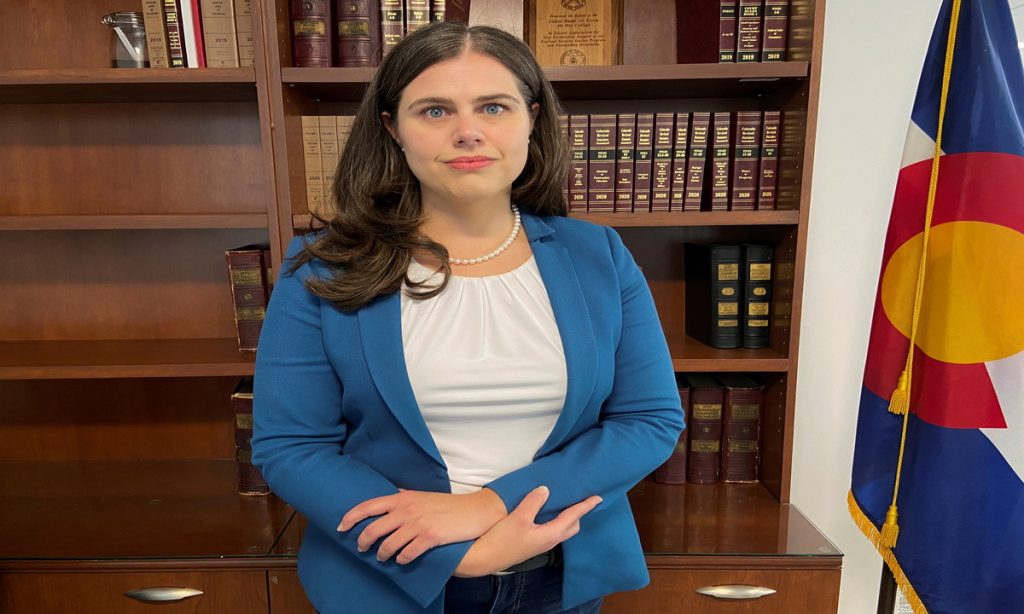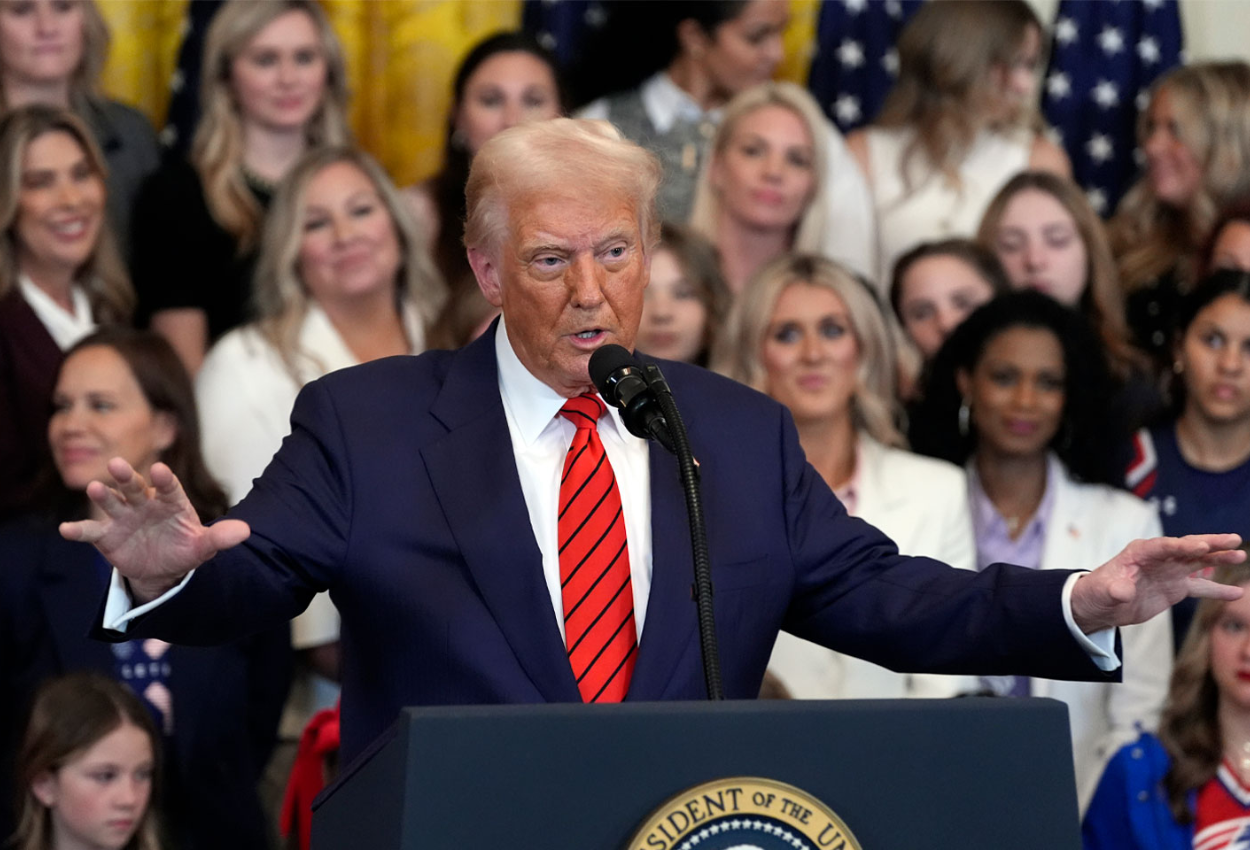Colorado Secretary of State Jena Griswold came under intense questioning during a legislative hearing on Thursday regarding the leak of voting system passwords. The leak, which was first reported in October, involved sensitive BIOS passwords that were posted in a hidden tab of a publicly available spreadsheet.
The hearing, part of the annual SMART Act reviews where state departments present progress and plans, quickly turned contentious as Republican lawmakers grilled Griswold on her office’s handling of the issue. The debate highlighted the challenges of election security and public trust in the wake of widespread misinformation about election integrity.
Details of the Password Leak
The leaked passwords were one of two credentials required to make changes to voting machines, alongside physical access to secured areas under constant surveillance. Griswold’s office became aware of the issue on October 24 but did not notify county clerks until October 29, after the Colorado Republican Party emailed its members about the breach.
Griswold defended the delay, stating her team needed to assess the scope of the issue and develop a plan to address it without fueling election misinformation. “We needed to determine the scope of the issue and finalize the technical outreach plan to avoid fueling the major disinformation environment that surrounds elections,” she explained.
Legislators Demand Accountability
Republican lawmakers pressed Griswold on why her office took nearly a week to inform local officials about the leak. State Senator Byron Pelton questioned whether legislation was needed to ensure better communication between the Secretary of State’s office and county clerks.
“Do we need to legislate that you have good communication with the county clerks?” Pelton asked. “Why did it take so long to get out to rural Colorado to get those passwords fixed?”
Griswold acknowledged her office’s error but redirected criticism toward those spreading election misinformation. “Democracy has been under assault now for years because of extreme lies from folks, some of whom are in this room,” she said.

Accusations Fly During Heated Exchange
The hearing took a dramatic turn when Griswold accused State Representative Stephanie Luck of knowing about the password leak before it became public and sharing the information with an election denier. The individual in question, Shawn Smith, has previously made inflammatory statements about Griswold, including calling for her execution during a meeting on election fraud.
Griswold demanded answers: “One of the questions I have is why the representative was sent this information, who sent it to the representative, and why she decided to share it with election deniers instead of election officials?”
Luck responded by accusing Griswold of deflecting blame. “I’m wondering why it’s seemingly important for you in your official capacity… to place blame on a whistleblower,” Luck said.
Threats and Public Confidence
The fallout from the leak has been severe, with Griswold and her staff receiving nearly 2,000 death threats over the past year. Griswold highlighted the dangers posed by misinformation, which has fueled threats against election officials nationwide.
“It is very scary what our staff has had to go through. It’s not just against me; it’s threats to our staff,” Griswold said.
Despite the controversy, Griswold emphasized her office’s efforts to maintain strong relationships with county clerks and restore public confidence in elections. However, she urged lawmakers to focus on facts rather than misinformation.
Partisan Tensions at the Hearing
The hearing underscored the partisan divide on election security. Republican lawmakers focused on holding Griswold accountable for the breach, while Democrats on the committee worked to shield her from criticism.
Committee Chair Jenny Willford attempted to keep the discussion on track, cutting off lengthy statements from Republican lawmakers who avoided asking direct questions. At one point, Willford recessed the meeting to de-escalate tensions.
Conclusion
The leaked voting system passwords have reignited debates about election security, transparency, and public trust in Colorado. While Griswold admitted her office made mistakes, the hearing highlighted the broader challenges of navigating misinformation and political polarization in safeguarding elections.
As legislators continue to debate the issue, Griswold emphasized the importance of focusing on facts and working collaboratively to address election security concerns. “If you do not understand the law, if you do not agree with the law, then please try to change it,” she told lawmakers.
Disclaimer—Our team has checked this article to ensure its accuracy and eliminate any misinformation. We are committed to providing clear and reliable information for our readers.




